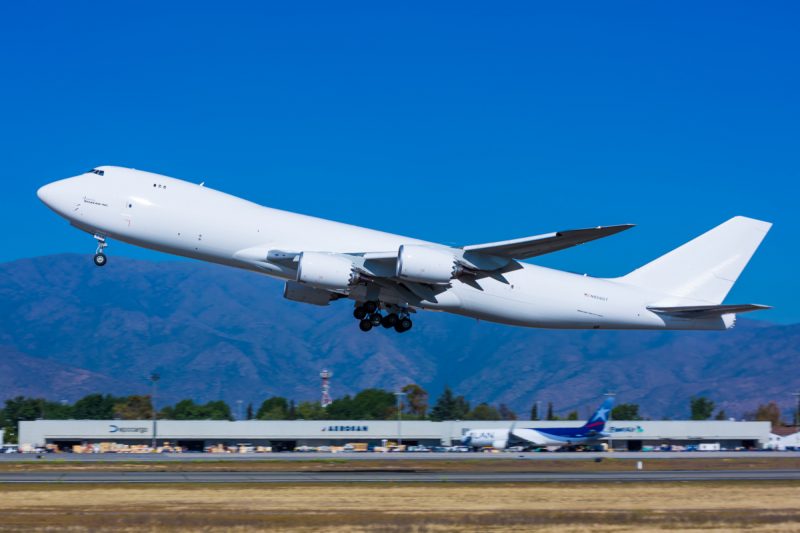
In view of the contingency that the world is facing through the spread of Coronavirus, leading to a dramatic fall in demand for flights and border restrictions put in place by a number of South American countries, JetSMART Airlines – owned by the Indigo Partners investment fund – has strengthened its measures to face the pandemic. The airline is thus set to cut its supple of domestic flights by up to 70%, while canceling all international flights beyond the minimum necessary to support repatriation of persons in Chile, Argentina, Colombia, and Peru.
“This is the greatest airline crisis in the history of the commercial aviation industry. Demand has been affected dramatically, spurring us to take urgent measures to adjust our supply to meet the current situation, while always striving to provide our clients with flexibility. This is made possible with the support of all our collaborators, whom we thank for their deep commitment and passion for flying SMART, as well as our strategic suppliers,” stated Estuardo Ortiz, CEO of JetSMART
The economic impacts of this commercial aviation crisis are devastating, grounding entire airlines all around the world, suspending air connectivity, and the sustainability of the airline industry. In many countries governments have been seen to provide economic support to protect jobs, connectivity, tourism, and the economic impact represented by commercial aviation. It is important for the region’s governments to gauge the scale of this impact in order to take prompt action, as has occurred in developed countries such as the USA and Canada, as well as in Colombia and Brazil.
Flexibility for passengers
From the point of view of passengers, the company has created specific sections in its digital communication channels to provide information of protection and safeguarding measures, while updating commercial policies and tools to handle changing journeys to new dates.
The company has established that any person holding domestic or international tickets to fly between March 16 and March 31, inclusive, may make one change of date and/or destination at no cost, in accordance with their travel dates, regardless of when they purchased their tickets. The other option is to choose to receive a voucher for the value of the original purchase, which can be used for any destination and any date up to December 31, 2020. This means that no passengers will lose the value of their tickets.
Additionally, in order to streamline the process JetSMART has launched an online procedure on its website www.jetsmart.com allowing passengers to enter their reservation number and manage their itinerary change or voucher.
JetSMART: committed to helping with the health situation
JetSMART is committed to the sustainability of its operations, customers, and employees in a situation that surpasses any previous crisis. It is also committed to conducting safe and reliable operations, flying the newest fleet in the Americas, equipped with air filters that allow all air in the aircraft to be recycled every three minutes, and filters that can eliminate 99.9% of bacteria and viruses. The company also performs deep cleaning and
disinfection on its aircraft, and provides its collaborators with mitigation measures, both at its offices and in operational settings. JetSMART maintains constant contact with the other airlines that form part of the Indigo Partners portfolio (WIZZ, Frontier, Volaris) so as to remain at the forefront of best practice in this area.
In terms of health, JetSMART has been monitoring the situation in coordination with the authorities since early February. In particular, we at JetSMART have been responding to the developing situation since the start, as the other Indigo Partners airlines have been sharing their experience and valuable information to address three key areas: crew training and protection, passenger service, and strengthening hygiene procedures, implementing an effective disinfection process for its aircraft.
All manuals and procedures meet the guidelines of international bodies such as IATA and the WHO, and therefore internationally defined protocols for crews during contagious diseases have been in place for over a month. These include permanent information and updating of crew instructions; enhanced availability and usage of safety items located aboard such as masks, hand sanitizer, and gloves; protocol for passengers with suspected symptoms and notification of corresponding health authorities; and finally, an aircraft disinfection protocol.













